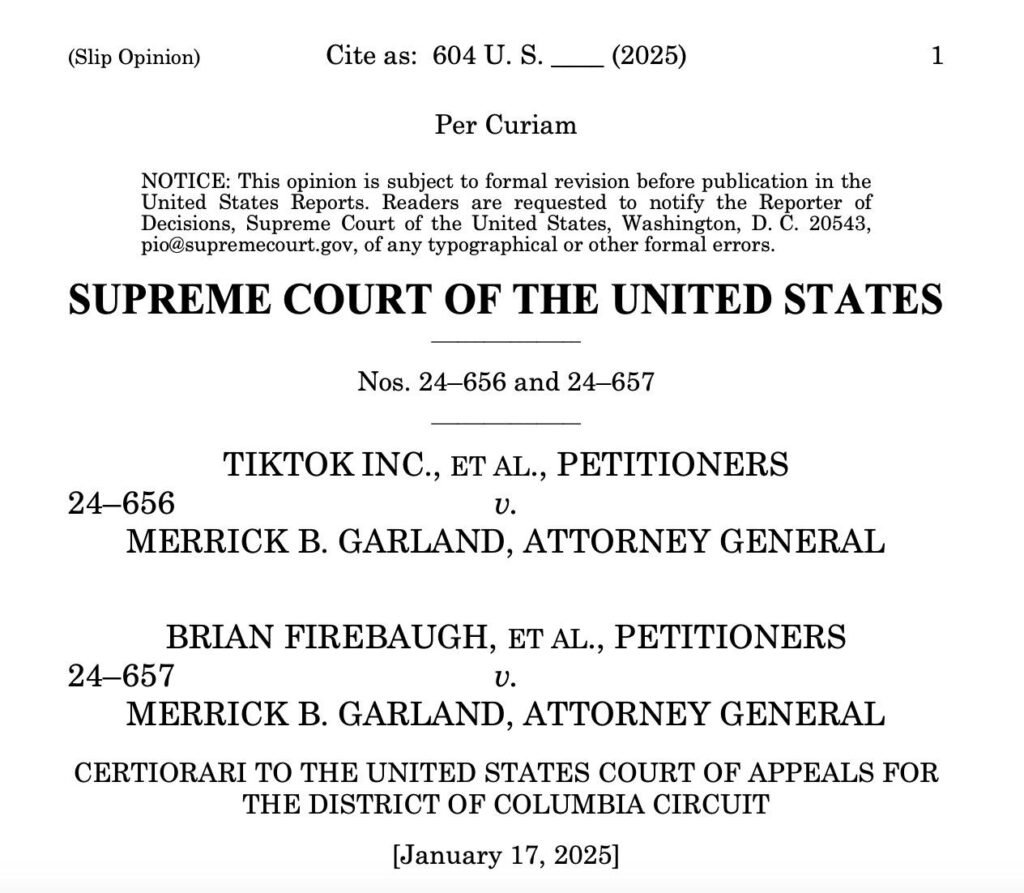In recent years, with the acceleration of globalization, an increasing number of Chinese enterprises have established overseas branches, employing local staff or dispatching Chinese employees to work abroad. However, the significant differences in labor laws, tax systems, and compliance requirements across countries have introduced complex legal risks for cross-border employee management.
Key Points
Contract Risks
Labor contracts for cross-border employees must comply with the legal requirements of both the dispatching country and the host country. If the contract terms are incomplete or conflict with local laws, it may lead to labor disputes. Contracts must clearly specify conditions for cross-border or remote work, such as work location, applicable law, and tax obligations. For instance, the EU Directive 2019/1152 on Transparent and Predictable Working Conditions requires employers to provide clear, written information on essential aspects of the employment relationship, including work location and employment terms.
Health and Safety Compliance
Each country has different regulations concerning working conditions, health and safety, and employee benefits. Chinese companies unfamiliar with local laws may face labor disputes or administrative complaints due to non-compliance with local standards. For example, the EU Health and Safety at Work Directive (89/391/EEC) establishes that employers are responsible for ensuring the health and safety of employees. For remote employees, the employer must conduct risk assessments of the home office environment and provide necessary equipment to ensure a safe working environment.
Tax and Social Security Compliance
The salary payments and tax arrangements for cross-border employees are often complex, particularly when the employee’s work duration exceeds a certain number of days, which may result in double taxation risks. Furthermore, countries have varying regulations regarding social insurance contributions. Companies need to comply with local laws and ensure proper payments to avoid legal liabilities.
Data Privacy Risks
Managing cross-border employees often involves handling sensitive project information, and companies must adhere to relevant data protection laws, such as the EU’s General Data Protection Regulation (GDPR), China’s Cybersecurity Law, and the California Consumer Privacy Act (CCPA) in the United States. Improper handling of cross-border data transfers could result in fines. Companies should implement data localization and conduct security assessments to ensure compliance and protect sensitive information.



